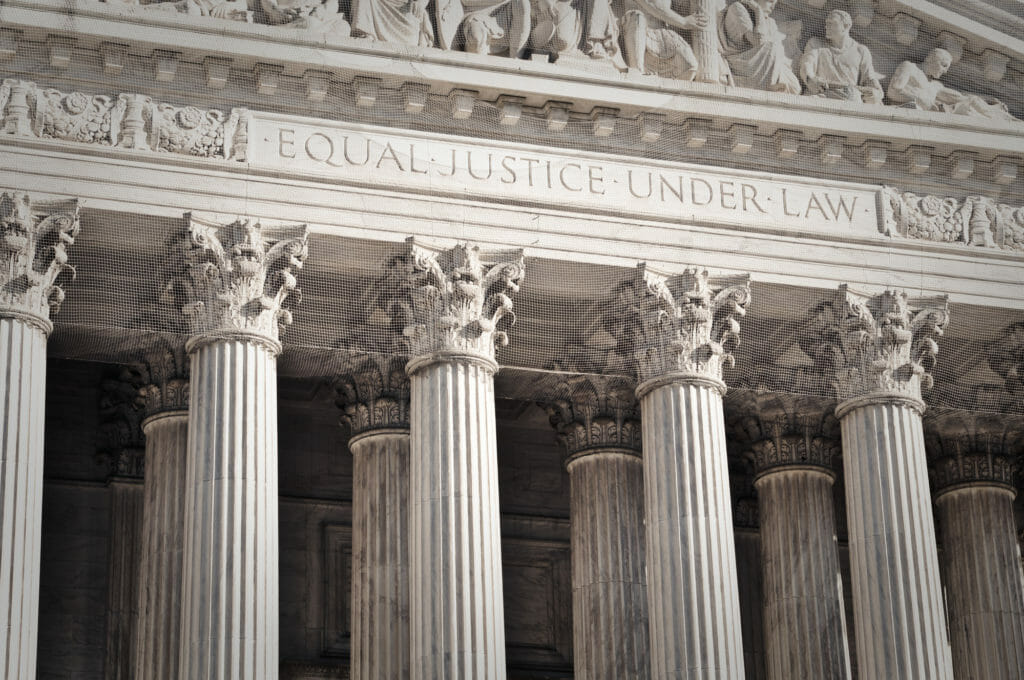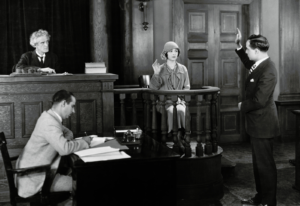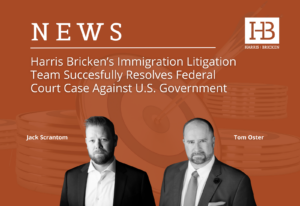In early January 2023, the United State Supreme Court will hear arguments on a case involving the attorney-client privilege. The case is In re Grand Jury, No. 21-1397, and the Court’s decision will undoubtedly be of great significance for businesses and their attorneys.
At stake in this case is the level of confidentiality given to communications between businesses and their attorneys. The case has important implications for domestic and international businesses that find themselves in litigation because the case will decide whether some communications between attorneys and clients must be produced to opponents.
The case arises out of a common issue: when client and attorney communications include legal advise and something else, such as business advice.
Before getting into the case, let’s do a quick review of the principles of attorney-client privilege.
1. What does the Attorney-Client Privilege protect?
A fundamental principle in American law is that communications between an attorney and a client are “privileged.” The privilege means that such communications are confidential, and their disclosure cannot be compelled under nearly any circumstance. This is a bedrock principle of the Anglo-American legal tradition. A principle purpose of the privilege is so a client may speak freely and openly to their attorney and disclose all relevant information.
As quick aside, some countries — China is a prime example — do not have this privilege and this has caused many smart companies to use American or British lawyers to handle their China legal matters so as to avoid their discusions with their attorneys going to the Chinese government or to some other third party.
Even in the United States, however, not every communication between a client and lawyer is privileged. Generally speaking, the attorney-client privilege applies when an actual or potential client communicates with a lawyer for the purpose of requesting or receiving legal advice. An attorney may not disclose the content of such communications without the client’s informed consent, save for a few circumstances.
2. Does the Federal or State privilege law apply?
One might think that federal law governs all privilege claims in federal court. That would be wrong. Under Federal Rule of Evidence 501, as interpreted by several cases, federal courts in “federal question jurisdiction” cases apply federal privilege common law. These types of cases include patent, trademark, bankruptcy, maritime law, and others.
But often a federal court sits in “diversity jurisdiction.” These kinds of cases involve state-law questions between citizens of different states, or between citizens of a foreign country and a U.S. citizen. Most federal court breach-of-contract and business tort cases arise under diversity jurisdiction. In such cases (where there is also no federal law question), federal courts apply the privilege law of the applicable state, following a choice-of-law analysis.
This can get complicated. For present purposes, it is enough to know that federal and state privilege laws may differ. And that just because a case is in federal court does not mean federal privilege law applies. And that the analysis of which law applies may get complicated.
3. The Attorney-Client Privilege Question Before the U.S. Supreme Court
The case before the U.S. Supreme Court involves federal privilege law and what happens when a client communication to an attorney has multiple purposes, and is not solely related to receiving legal advice. As the certiorari petition puts it:
Clients routinely seek advice from lawyers with multiple goals in mind. As a result, lawyers often give advice that is both legal and non-legal in nature. The attorney-client privilege protects from disclosure confidential communications between attorneys and their clients made for the purpose of obtaining or providing legal advice. But the circuits are split as to when a communication made for multiple purposes—some legal and others not—is privileged.
Different federal courts apply different standards in these situations. Here, the Ninth Circuit Court of Appeals held that trial courts “must weigh all of the purposes for a communication and that a communication is privileged only where a legal purpose is at least as significant as any non-legal purpose.” Ouch. The Ninth Circuit’s test seems to require a trial court to parse each communication at issue under what appears to be a rather nebulous standard. Identifying the purposes of every communication and then sussing their respective weight is no easy task and one that seems rife for contradictory results.
The Supreme Court granted certiorari on the question: Whether a communication involving both legal and non-legal advice is protected by attorney-client privilege where obtaining or providing legal advice was one of the significant purposes behind the communication.
4. Possible ramifications of the Supreme Court’s Decision
The case has garnered significant interest from many organizations, including the American Bar Association (“ABA”). The ABA explains that “clients commonly seek legal counsel in situations where legal purposes substantially overlap with business, regulatory compliance, and other not-exclusively-law-related purposes. Indeed, clients will sometimes discuss entirely irrelevant, personal topics with their lawyers, while also seeking legal advice.” This is certainly true in my practice.
The ABA takes issue with two of the leading candidates for a test – the “primary purpose” and “significant purpose” tests. Using a “primary purpose” test, argues the ABA, would place a difficult burden on clients and attorneys and result in courts parsing communications between attorneys and their clients “sentence by sentence or phrase by phrase.” This raises the potential of huge swaths of emails needing to be submitted to the court for in camera review – the very specter of which would inhibit full and frank discussion between clients and attorneys. The ABA makes a similar critique of the significant purpose test.
The ABA rejects these tests in favor of an “any purpose” test. So long as “any purpose” of the communication is to receive or provide legal advice, the attorney-client privilege should protect the communication from disclosure.
The ABA’s proposed test makes sense from a practical perspective. My law firm’s corporate attorneys regularly are called upon by our clients to provide legal advice that has a business overlay. Indeed that is often the most critical part of their advice. Asking our clients, some of whom are unsophisticated and some of whom do not speak English, to parse a primary or significant purpose when drafting their communications to legal counsel would be unwieldy and perhaps impossible. Meanwhile, on the litigation side, the potential of having to review thousands of communications for potential disclosure or for in-camera court review would place an enormous expense and burden on litigants. The United States is already famous for its high litigation costs; complicating the attorney-client privilege will only drive those costs even higher
Stay tuned for updates.
























